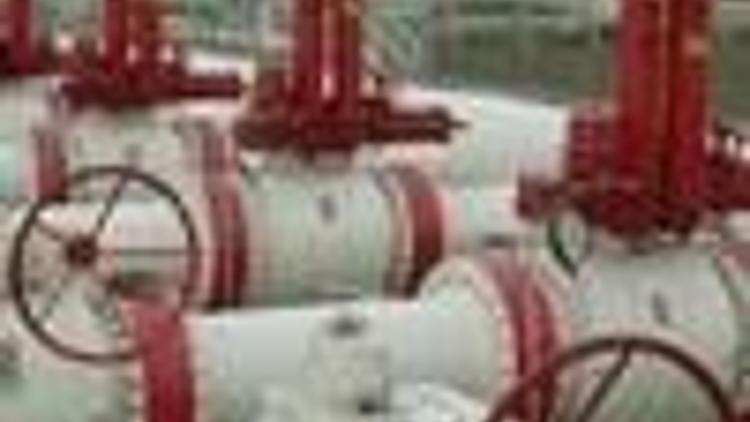Hurriyet English
Oluşturulma Tarihi: Eylül 15, 2008 11:04
Hungary takes the political initiative and dispatches its Nabucco envoy to Turkey ahead of an inter-governmental conference in Budapest in January, the Turkish Daily News reported on Monday.
Hungary's ambassador in charge of the European Union-backed Nabucco project will hold key talks in Turkey this week as part of efforts to breathe political energy into the long-awaited alternative natural gas scheme, following fears that the latest Georgia-Russia crisis could derail it, TDN said.
Ambassador Mihaly Bayer will arrive Thursday in the Turkish capital and the next day will meet with officials from the Energy Ministry and the state-owned pipeline company (BOTAS), one of the shareholders of the international Nabucco consortium, the TDN said citing sources.
The meetings come as Budapest is set to host an EU-Nabucco natural gas pipeline summit on Jan. 26-27, 2009. The Hungarian envoy will extend an invitation for the inter-governmental summit to Turkish officials during the visit.
Hungary is inviting Austria, Romania, Bulgaria, Turkey and Germany as potential recipients of the Nabucco natural gas; Azerbaijan, Turkmenistan, Egypt and Iraq as potential suppliers; and Georgia as a transit country, it has been revealed. Also invited are the EU's energy commissioner, the Czech Republic as the holder of the EU's rotating term president at the time, the United States, and the international Nabucco consortium.
Hungry's Prime Minister Ferenc Gyurcsany launched the conference to speed up the Nabucco project following his visits to energy-rich Azerbaijan and Turkmenistan this past summer. The Hungarian initiative reflects the country's effort to play an active role in bringing about the project, which will offer Europe an alternative gas supply, he said in earlier remarks.
The Nabucco project is intended to bring natural gas to Europe from the Caspian region, bypassing Russian territory, to reduce dependence on Russian supplies.
NABUCCO AFTER CAUCASUS CONFLICT
Analysts say the latest Caucasus crisis has made the countries in the surrounding area think twice before deciding to implement giant energy projects.
"Today chances to realize the Nabucco project in the aftermath of the Caucasus war are lower compared to a few months ago," senior energy analyst Necdet Pamir told TDN, implying that efforts to inject political impetus to Nabucco would not go beyond a symbolic move due to obstacles, including a disagreement over pricing mechanism as well as finding alternative suppliers for Nabucco.
But beyond that, he said, none of the shareholders of the Nabucco consortium could afford to offend Russia, the world's major gas producer.
The Russia-Georgia conflict has raised fears that oil and gas producers from the Caspian region, including Azerbaijan, could turn their backs on Georgia as a route for exporting to the West. In a recent meeting with his Turkish counterpart in Baku, Azerbaijan's Energy Minister Natik Aliyev renewed his country's support for the Nabucco project but sounded a note of caution, saying supplies for the future pipeline could not be provided merely from Azerbaijani sources.
Pamir said Moscow did not attack the existing energy projects, including Baku-Tbilisi-Ceyhan oil and Baku-Tbilisi-Erzurum gas pipelines, in the war with Tbilisi but "international investors would think 30 times now before considering Georgia as a route to pump Azerbaijani gas into the Nabucco pipeline."
The Nabucco pipeline would run 3,300-kilometres via Turkey and the Balkan states to Austria. Construction is scheduled to begin in 2009, with the completion date set for 2013. The shareholders of Nabucco, include OMV of Austria, MOL of Hungary, Transgaz of Romania, Bulgargaz of Bulgaria, BOTAS of Turkey and RWE of Germany. The project is backed by the EU and the United States.


